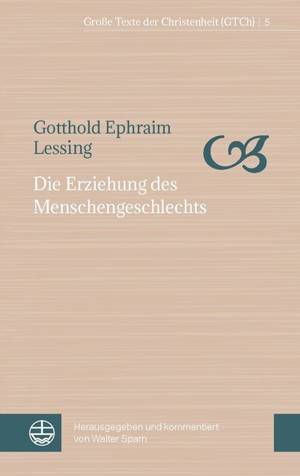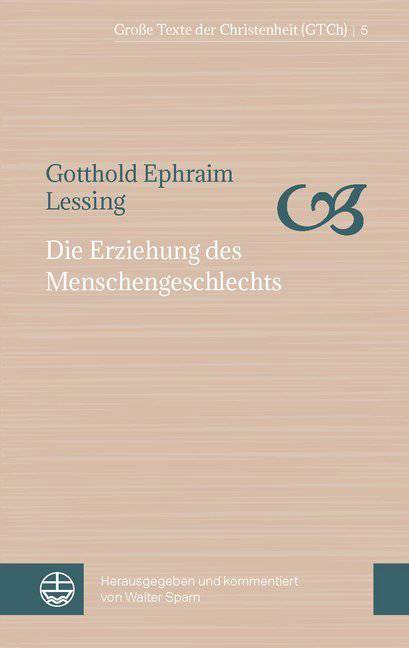
- Afhalen na 1 uur in een winkel met voorraad
- Gratis thuislevering in België vanaf € 30
- Ruim aanbod met 7 miljoen producten
- Afhalen na 1 uur in een winkel met voorraad
- Gratis thuislevering in België vanaf € 30
- Ruim aanbod met 7 miljoen producten
Zoeken
Omschrijving
Gotthold Ephraim Lessing's sketch of 1777/1780 offered his contemporaries a clarification of their position in the modern age; he justified this in the context of a cultural and religious history of whole humankind. This was risky from philosophical and theological points of view, because it meant the revolutionary change of a basal paradigm: the temporally finite history of salvation now becomes a history of open evolution, characterized by human progress and divine pedagogy equally. The commentary explains the logic and the pathos of the text and sets it in the context of the debates on Enlightenment, Education and Christianity. In particular, it contrasts with Lessing the traditional paradigm and the one of Immanuel Kant and his idealistic resp. materialistic successors. Finally, the current relevance and ambivalence of Lessing's chiliastic paradigm are discussed.
Specificaties
Betrokkenen
- Auteur(s):
- Uitgeverij:
Inhoud
- Aantal bladzijden:
- 144
- Taal:
- Duits
- Reeks:
- Reeksnummer:
- nr. 5
Eigenschappen
- Productcode (EAN):
- 9783374056699
- Verschijningsdatum:
- 1/12/2018
- Uitvoering:
- Paperback
- Formaat:
- Trade paperback (VS)
- Afmetingen:
- 119 mm x 188 mm
- Gewicht:
- 181 g

Alleen bij Standaard Boekhandel
+ 23 punten op je klantenkaart van Standaard Boekhandel
Beoordelingen
We publiceren alleen reviews die voldoen aan de voorwaarden voor reviews. Bekijk onze voorwaarden voor reviews.











